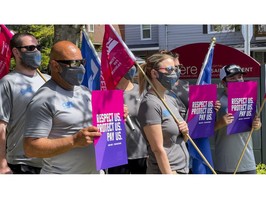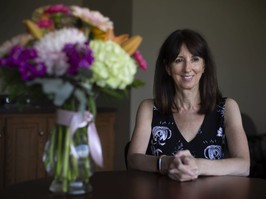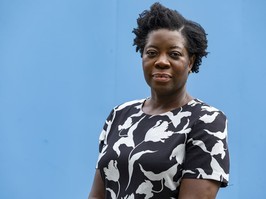why isn't canada's healthcare as diverse as its patients?
racism is a disease that's affecting the health of black and indigenous people in canada.
doctors don't have the mental health support they need
frontline health care workers seek help to manage the mental stress of being on the frontlines of covid-19.
canadians have strong trust in doctors and scientists: survey
a new survey suggests more than eight in 10 canadians trust doctors and nearly eight in 10 trust scientists.
 3 minute read
3 minute read









